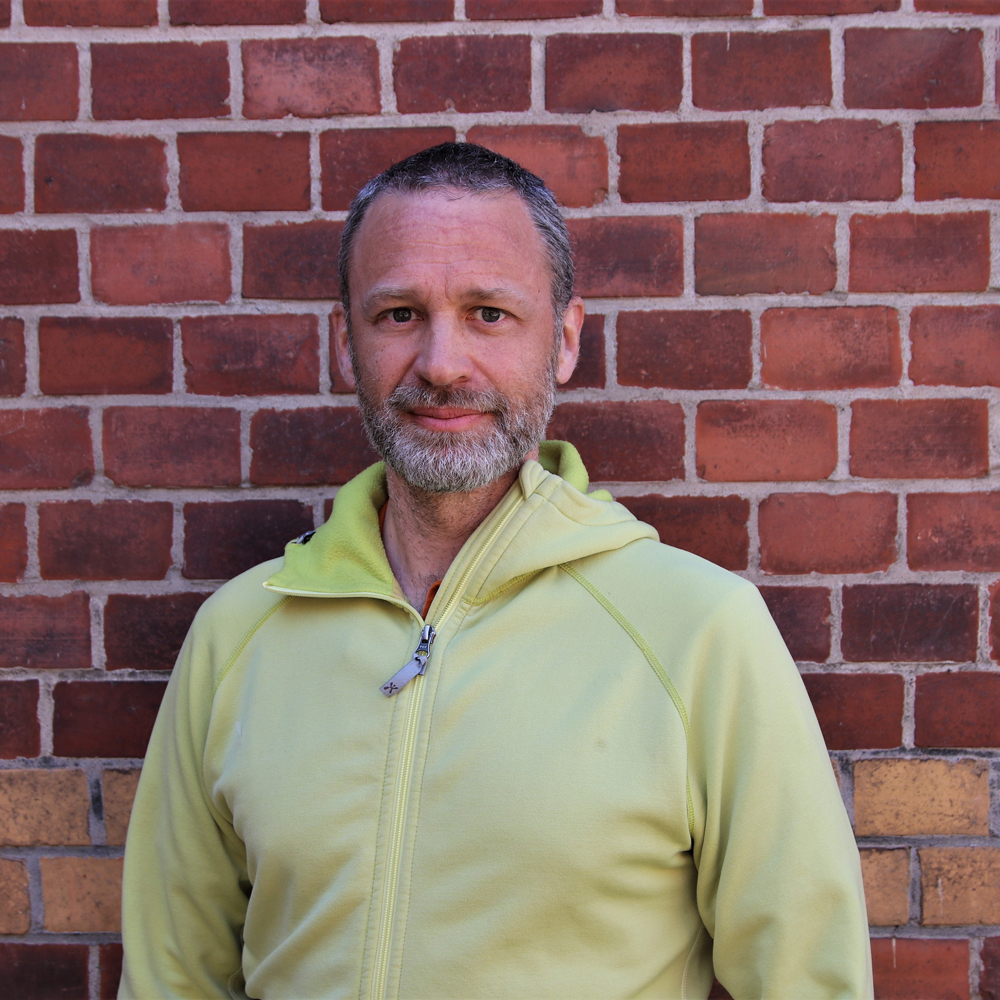WHY ECOCIDE LAW?
WHY INTERNATIONAL ECOCIDE LAW?
In the absence of international ecocide law, destructive activities directed by a small number of people continue to destroy the living systems we all depend on. Making ecocide a crime under the Rome Statute is not in itself sufficient to shift societies to a sustainable state, but addressing the worst environmental crimes is a good place to start.
By shifting the baseline, and introducing fundamental protection for nature as part of the equation, conditions for business on planet Earth become more fair, safe and predictable. With a level playing field, markets could actually work as intended.
Why criminal law?
The primary objective is preventive, to encourage carefully considered decisions about activities that may be environmentally very dangerous.
Furthermore, and very importantly, criminal law is strongly affiliated with societal values and perceptions of right and wrong. Making ecocide a crime will make mass damage or destruction of ecosystems unacceptable.
Why business leadership?
Open support from business and other organisations is crucial, because a small number of powerful actors have much to gain by continuing what they are doing.
Ecocide law closes the door to activities that cause mass destruction of ecosystems, and opens a door to innovation and activities that are safe for people and planet. This path holds endless possibilities for a sustainable economy and fair competition.
Standing up for ecocide law is an ethical choice, showing that your commitment to sustainable business goes way beyond abiding by current regulations.

“There isn’t enough skin in the game when it comes to destroying nature to make profit. The limited liability of companies and boards is simply asymmetric to the long term damage that can be caused. This must change and full accountability be introduced.”
David Ekelund
CEO, Icebug

